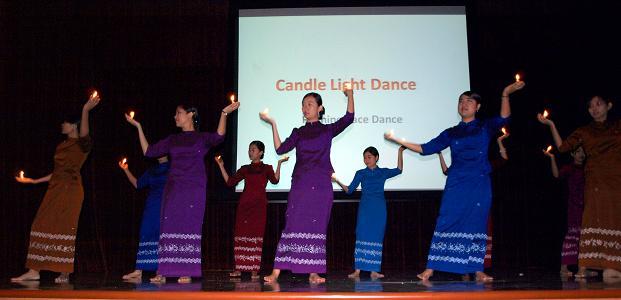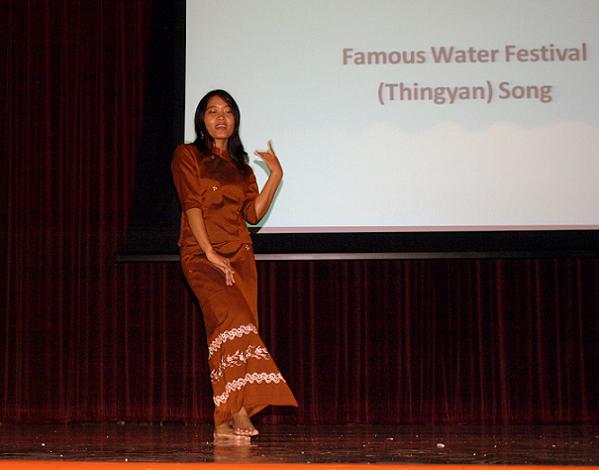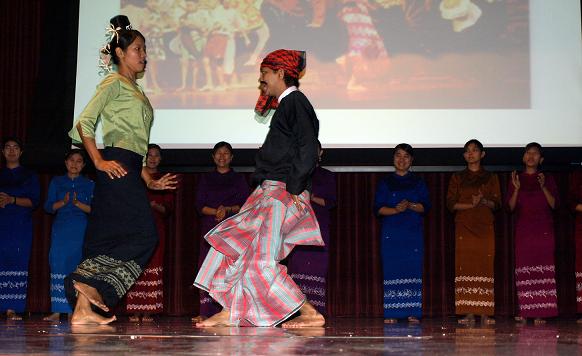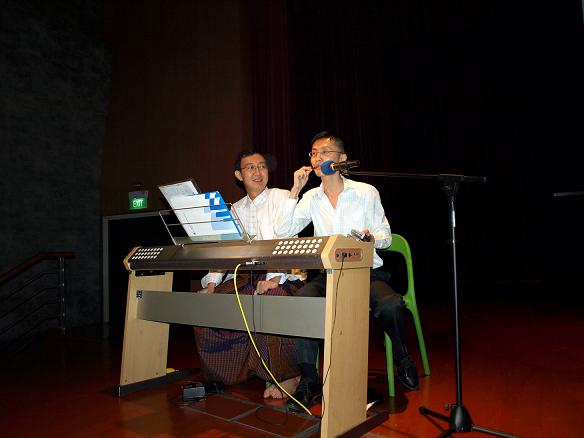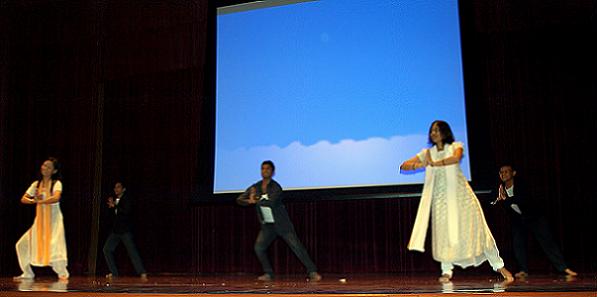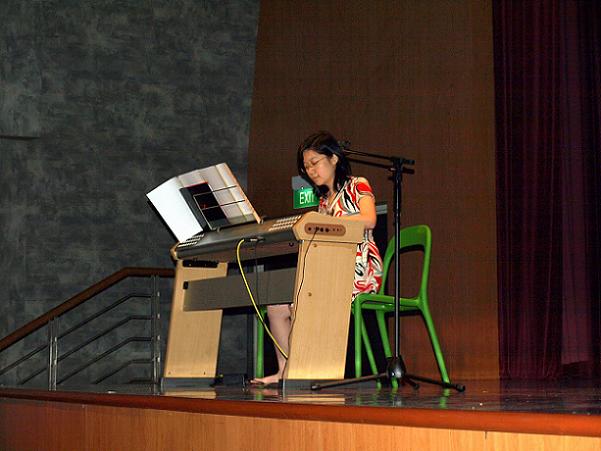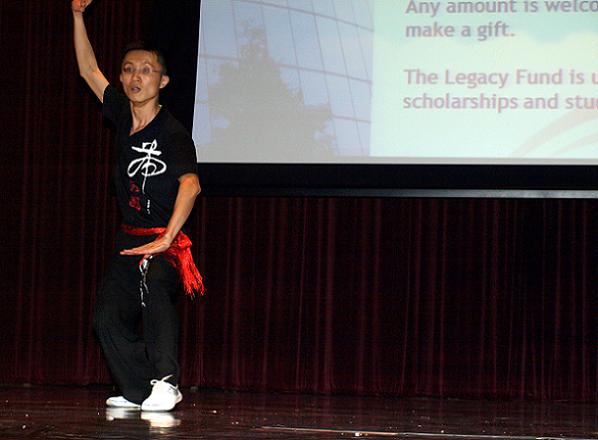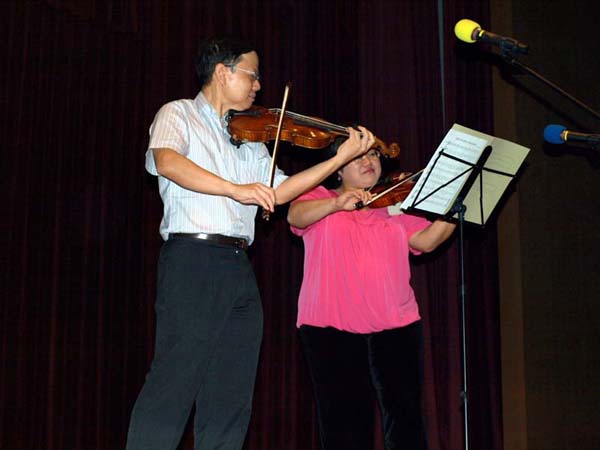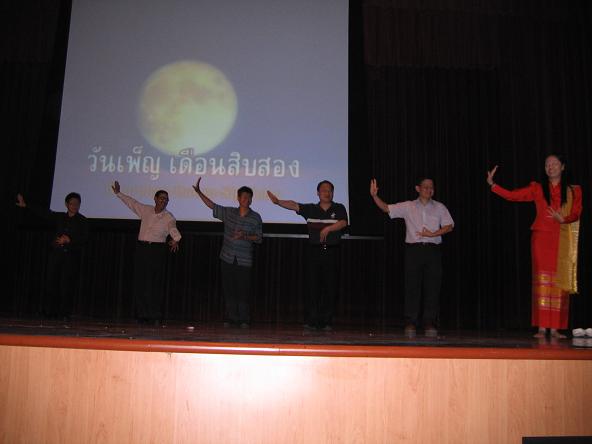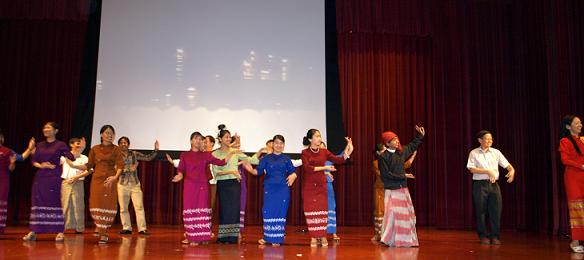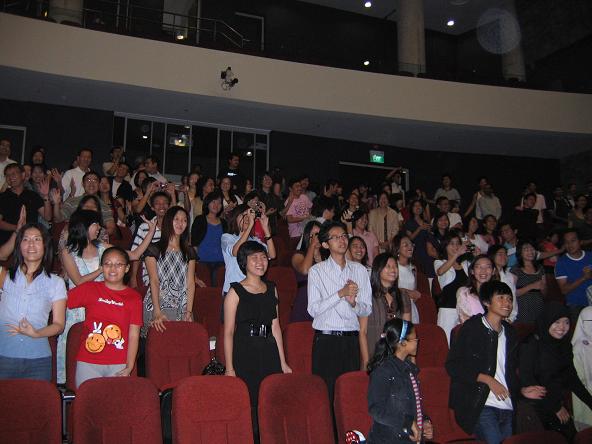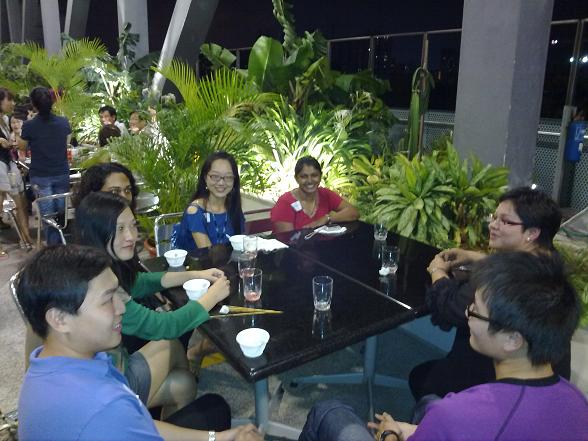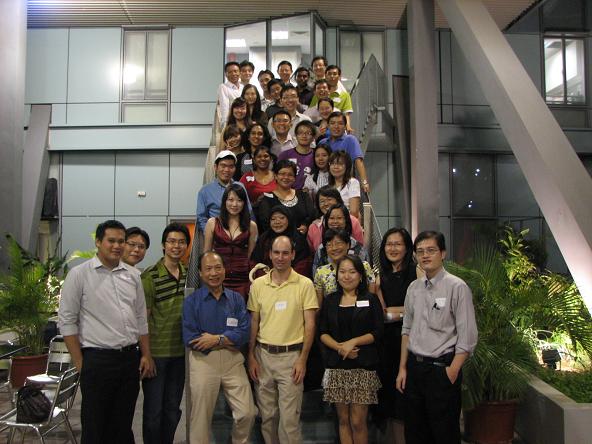Cheryl Marie Cordeiro, alumna of DIS (1997 admission), former Miss Singapore/Universe, and current academic and blogger talks about her PhD research and living in Sweden:
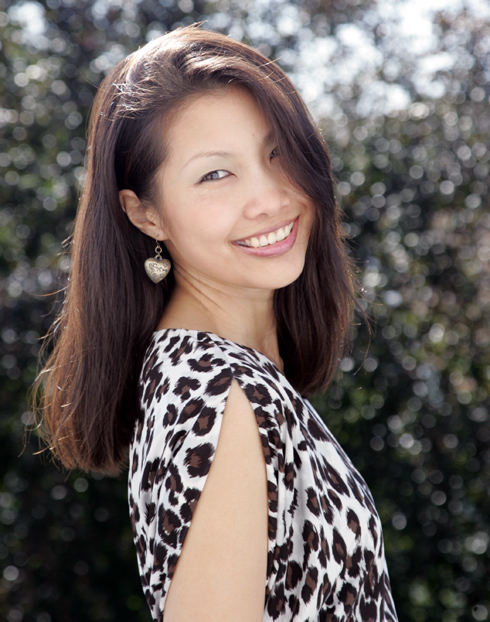
Dr. Cheryl Marie Cordeiro (Photo by Jan-Erik Nilsson)
It was not long after graduating with an MSc in Information Studies at DIS that I found myself in Sweden, in early 2003, pursuing a PhD at the University of Gothenburg in a multi-disciplinary and cross-national study of Swedish Management in Singapore. This was supported by an Anna Ahrenberg Foundation grant that paid for most of my research tenure in Sweden. I obtained my PhD in May 2009, after a public thesis defense.
I’ve thoroughly enjoyed my PhD research in Sweden, though the data collection via interviews was done in Singapore in 2004, which put me in touch with 33 top level managers of Swedish owned/managed organizations in Singapore.
I got to know the CEOs and Regional Directors of ‘household’ Swedish brands, such as Ikea, Volvo, SonyEricsson, SKF, etc., who provided insights into how expatriate managers in Singapore brought tacit knowledge of their culture and work expertise, and applied them in re-organizing the organizational structure and sometimes forging new organizational cultures in the Swedish managed Singapore offices.
So I was in a situation to observe how knowledge transfer worked across nations, from parent organizations to subsidiaries, through management and leadership. I had to transcribe 54 hours of interviews, generating a database of more than 260,000 words. I was glad my MSc in Information Studies gave me the appropriate background to manage this huge amount of information!
I applied the coding procedures of Grounded Theory, a qualitative research method often used in organization and management sciences, to sort data into manageable categories. I then used a linguistic analysis method called discourse analysis to uncover core issues of the interviews.
Doing a PhD in Sweden, one naturally gets inducted into the Swedish culture of research and learning. Swedish universities are research oriented, where graduate students are encouraged to apply for private funding of their research projects. The competitiveness contributes to the overall entrepreneurial spirit of Swedish researchers and the creativity of the proposed projects.
I got to know Sweden well – its people, traditions, beliefs, language and lifestyle. As a Singaporean in Sweden, one of my favourite activities is to explore Swedish food culture. As with Singapore, where we have the durian season, and mooncake and bak chang season, food in Sweden is often festival and season related. I’ve written quite a bit about Swedish food on my personal blog (http://www.cmariec.com/blog).

The Semla (Photo by Jan-Erik Nilsson). King Adolf Frederick of Sweden is said to have died of indigestion in 1771 after a royal meal rounded off with 14 servings of semla.
My favourite Swedish culinary delight is the cardamom bun filled with luscious almond marzipan, topped with the softest whipped cream and covered with a sugar dusted cardamom bun lid – the Semla. This bun is usually eaten in a bath of hot milk and makes its appearance in early Spring each year.
I hope to continue to research and write about how Swedish and Singaporean managers work across cultures, create an effective cross-national network and platforms for information sharing, and apply tacit knowledge of their home-country and culture in a different country — in the context of increasing ‘globalization’, ‘glocalization’ and ‘global outsourcing’.
I think it is important to study what happens when we start exporting and transferring not only raw materials and knowledge, but also values, beliefs and traditions, and apply them to organizations on foreign ground.
by Cheryl Marie Cordeiro
































